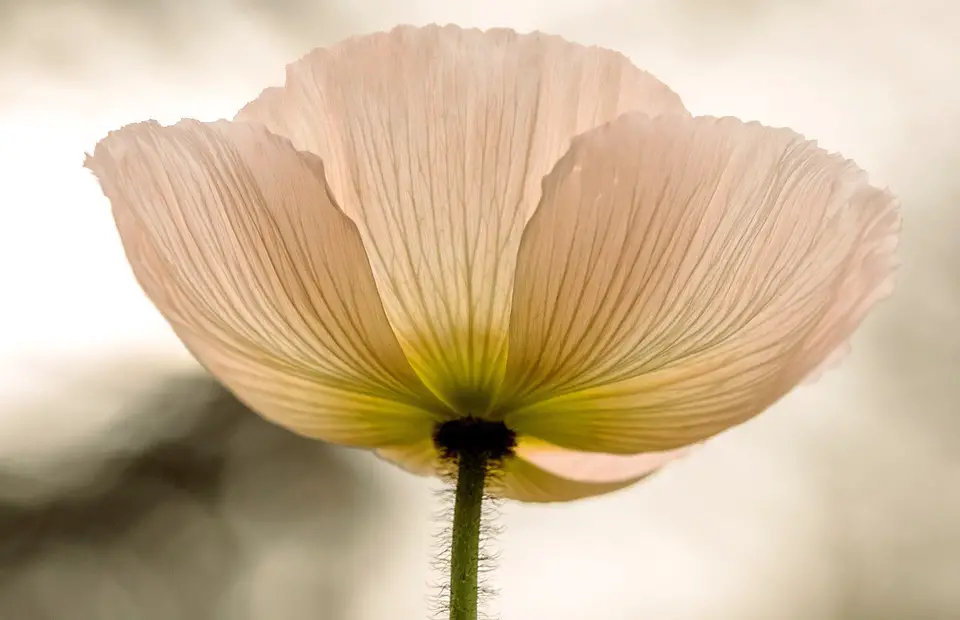Introduction
Balcony gardening is a wonderful way to transform a small outdoor space into a haven of greenery, blooming flowers, and fresh herbs.
Even if you don’t have a backyard, a balcony can be your escape into nature and a canvas for your creativity.
In this article, we will explore various ideas and tips for maximizing the impact of your balcony garden, allowing you to create a miniature oasis that reflects your unique style and personality.
Choosing the Right Plants
The first step in balcony gardening is selecting the right plants based on the amount of sunlight your balcony receives.
If your balcony is exposed to ample sunlight, go for sun-loving plants like petunias, geraniums, or tomatoes.
If your balcony has limited sunlight, opt for shade-tolerant plants such as ferns, impatiens, or begonias.
Additionally, consider the size of your balcony and choose plants that fit well and don’t overcrowd the space.
Vertical Gardening
Vertical gardening is a smart solution for small balconies.
By utilizing the walls, railings, or trellises, you can add a vertical element to your balcony garden.
Hanging planters, wall-mounted planters, and vertical gardening systems are excellent choices for maximizing space and adding visual interest.
Consider incorporating trailing plants, such as ivy, sweet potato vine, or trailing petunias, for a beautiful cascading effect.
Container Gardening
Container gardening is a fantastic way to unleash your creativity and personalize your balcony garden.
Choose containers of different sizes, shapes, and materials to create a visually appealing arrangement.
Mix and match plants with different colors, textures, and heights to add depth and variety to your garden.
Don’t be afraid to experiment with unconventional containers like old buckets, mason jars, or repurposed wooden crates.
Just make sure your containers have proper drainage to prevent waterlogging.
Herb and Vegetable Gardens
One of the great benefits of balcony gardening is the ability to grow your own herbs and vegetables, even in a limited space.
Consider planting herbs like basil, thyme, rosemary, or mint in compact pots or vertical herb gardens.
You can pluck fresh herbs right from your balcony to enhance the flavors of your dishes.
Additionally, some vegetables like tomatoes, peppers, or lettuce can be grown in containers and provide a bountiful harvest.
Accessorize and Personalize
Make your balcony garden truly unique by adding accessories and personal touches.
Hang decorative wind chimes or lanterns to create a soothing atmosphere.
Install outdoor lighting to enjoy your garden even after sunset.
Incorporate furniture like a small bistro set or comfortable lounge chair to create a cozy outdoor seating area.
Display artworks, sculptures, or colorful cushions to infuse your balcony with your personality and style.
FAQs
Q: How often should I water my balcony plants?
A: The frequency of watering depends on factors such as plant type, weather conditions, and the size of your containers.
Generally, you should check the moisture level of the soil regularly and water when the top inch feels dry.
However, be cautious not to overwater, as it can lead to root rot.
Q: Can I grow a balcony garden without direct sunlight?
A: While direct sunlight is ideal for most plants, there are numerous shade-tolerant varieties that can thrive without direct sunlight.
Consider growing ferns, begonias, impatiens, or hostas which can flourish in indirect or filtered light conditions.
Q: Are there any organic solutions to deal with pests in my balcony garden?
A: Absolutely! You can use organic pest control methods to keep your balcony garden healthy.
Neem oil, insecticidal soaps, and garlic-based sprays are natural and effective options to combat common pests like aphids, whiteflies, or mites.
Additionally, attracting beneficial insects like ladybugs or lacewings can help control pest populations.
Q: How can I create privacy on my balcony?
A: If you desire more privacy on your balcony, there are several options.
You can consider installing outdoor curtains or bamboo blinds that can be drawn when needed.
Tall, dense plants like bamboo, tall grasses, or climbing vines can also act as natural screens.
Another alternative is to use decorative room dividers or lattice panels to create secluded areas.
Q: How can I protect my balcony plants from extreme weather conditions?
A: Extreme weather, such as strong winds or intense heat, can be challenging for balcony gardens.
To protect your plants, you can use windbreakers like trellises or mesh screens to reduce the impact of strong winds.
Utilize shade cloths or movable umbrellas to provide shade during scorching summer days.
Additionally, move delicate or heat-sensitive plants to a sheltered area during extreme weather events.




